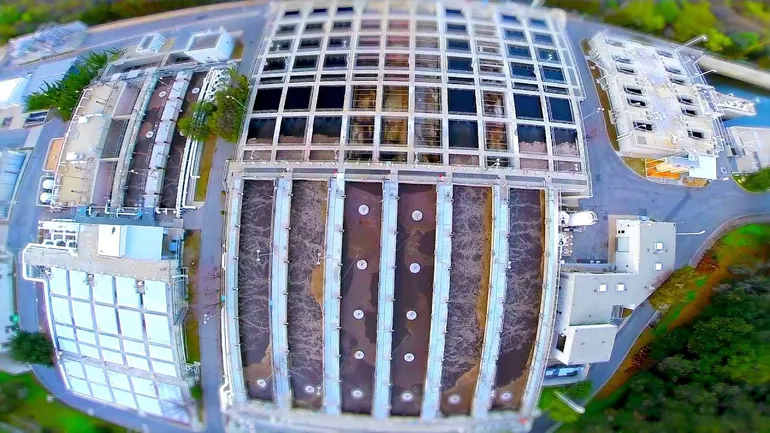U.S. Department of Energy Funds Projects Converting Organic Waste to Transportation Fuels
Key Ideas
- The U.S. Department of Energy is funding nine projects to convert organic waste into transportation fuels like renewable natural gas and hydrogen.
- Projects aim to recapture energy from food waste, dairy cow manure, and municipal wastewater to advance sustainable fuel solutions.
- California is a focal point of these projects, with efforts in Calabasas and Reedley addressing biosolids conversion and anaerobic digestion for fuel production.
- Various research institutions and organizations across different states are involved in assessing the feasibility of waste-to-fuel technologies.
The U.S. Department of Energy has announced funding for nine projects focused on converting organic waste into transportation fuels. These projects, part of a $17.5 million Waste Analysis and Strategies for Transportation End-Uses program, aim to recapture energy from sources like food waste, dairy cow manure, and municipal wastewater. By supporting feasibility studies and design phases, the funding paves the way for potential construction and operation phases of innovative waste-to-fuel initiatives. One notable project in Calabasas, California, plans to convert biosolids into fuel cell-grade hydrogen, addressing state requirements and concerns about biosolids disposal. Similarly, another project in Reedley, near Fresno, aims to utilize anaerobic digestion to convert agricultural waste into transportation fuels. Projects in Texas, Maryland, New Jersey, Indiana, Wisconsin, Iowa, and Illinois also explore different aspects of waste-to-fuel technology, including hydrogen generation, wastewater residuals conversion, and anaerobic digestion systems. Overall, these initiatives mark a positive step towards sustainable fuel solutions and environmental impact reduction.
Topics
Projects
Renewable Energy
Environmental Impact
Technology
Innovation
Sustainability
Waste Management
Grants
Transportation Fuels
Latest News
